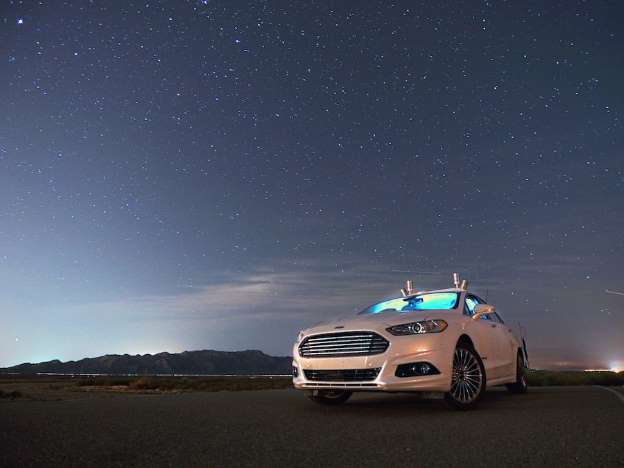By 2030, almost nobody in the United States may own a personal vehicle. Instead, a lot of Americans would hail self-driving, electric ride-shares.
That’s one prediction by experts in a new report that takes a look at technology and individual automobile ownership.
Its authors – Tony Seba and James Arbib – say the future of city transport will manifest as a network of communal, autonomous electric cars owned by ride-sharing firms. If this future comes to life, it has significant implications for the US transportation system.
Here are a few forecasts from the study:
Private vehicle ownership will fall 80% by 2030 in the United States
* The amount of passenger automobiles on American roads will go from 247 million in 2020 to 44 million in 2030
* Using electric ride-shares will be 4 to 10 times cheaper every mile than purchasing a brand-new car by 2021 (And each family might save approximately $5,600 each year, compared with purchasing and maintaining a standard vehicle).
* International oil demand will peak at 100 million barrels everyday by 2020, and reduce to 70 million barrels each day by 2030.
* Savings on transport expenses will result in an increase in yearly non reusable earnings for United States families amounting $1 trillion by 2030.
If most of Americans change to autonomous, electric ride-shares, it could greatly impact how the US cities prepares its streets. The report recommends that fewer cars will travel more miles by 2030, because ride-shares may never ever need to park. When they would drop off travelers, they would keep going to get new travelers, which would open up huge tracts of land for new usages, like wider walkways and more housing, parks, and zones where cars are prohibited.
On average, vehicles offered in the US sit parked more than 95% of the time. But if less vehicles were on the road, cities could discover other usages for street lanes and parking lot. Some cities are presently getting ready for this future. San Francisco, for example, has turned numerous parking spaces into “parklets,” small grassy public spaces that consist of benches, plants, and (often) art work. Pittsburgh has likewise stated it will likely stop constructing more street lanes within the next twenty years, in anticipation of a broader adoption of driverless automobiles.



1 comment
Baloney – maybe a few cities will be that low, but certainly not nationwide.